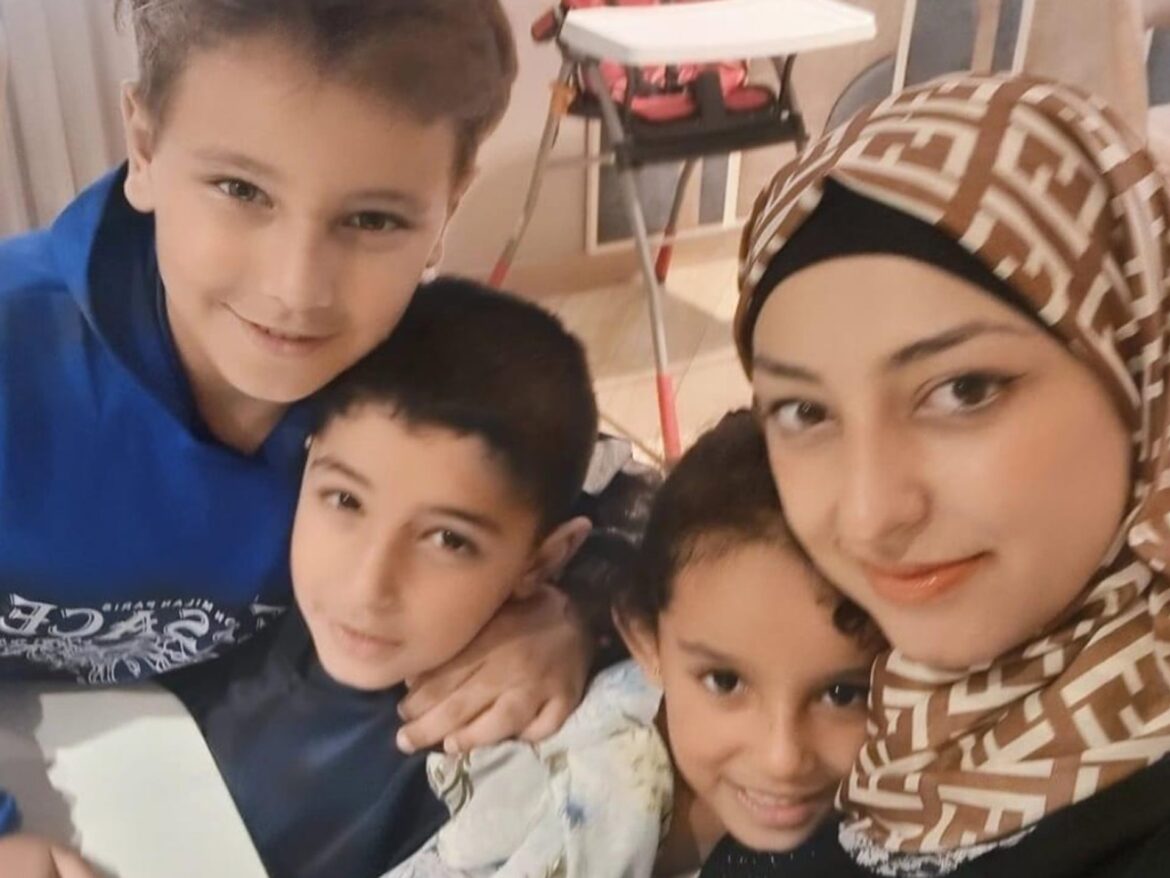In October 1973 – 50 years before the events of October 7, 2023 – war broke out in the Middle East. The Egyptian army launched Operation Badr, crossing the Suez Canal and capturing the Bar Lev Line, a fortified sand wall on the eastern bank of the canal.
Palestinian refugees hoped that their land would soon be liberated and that they would return to the homes from which Israel had expelled them. This does not happen. Instead, after the war ended, Arab leaders sought peace with Israel.
A few months later, Palestinian satirist Emile Habibi published his novel The Secret Life of Saeed: The Pessoptomist, a metaphorical critique of Palestinian reality. The novel tells the story of Saeed, a Palestinian who lost his village during the Nakba of 1948. Amid the misery of dispossession and occupation, he wanders the world with his head down in case he would find a shekel on the street to cheer him up. .
I wake up every day trapped in Saeed’s world. Mass death in Gaza continues. Still, I have to look for a penny on the ground, a sign of better things to come. Could the judgment of the International Court of Justice (ICJ) of January 26 be that?
On December 13, Al Satar Al Sharki, the eastern part of my town, Khan Younis, was the subject of a ground invasion by the Israeli army. The four children of my relative Alaa, a teacher at a United Nations school, and her ex-husband, Musa, were caught in the crossfire.
During the attack, Israeli soldiers expelled the children from their homes and arrested Musa and all the teenagers and men in the area. Musa’s mother, who witnessed this brutality, tried to call Alaa, but the soldiers took the phone. Since then, Alaa has not heard from her children – eight-year-old Yamin, six-year-old twins Kanan and Orkid, and three-year-old Karmi. Are they sick, imprisoned, starving – or worse?
Alaa’s desperate attempts over the past 45 days to find her children through organizations such as the International Committee of the Red Cross and the Palestinian Red Crescent Society (PRCS) have been met with cold rejection usual for the Israeli army. She contacted journalists, local and social media, and now she turns to anyone who will listen, walking through the streets of Rafah, transformed into a concentration camp for more than a million people, searching for his children.
His voice is an incessant cry of despair in the darkness. Each hour that passes burns another year into her soul as she fights against waves of anxiety, barely stopping to eat or sleep. Like all of Gaza, it has become a living ghost.
The ICJ’s decision brought no relief to Alaa. The Israeli army still refuses to provide any information on the fate of its children.
“The State of Israel… must immediately cease any acts and measures contrary to these obligations, including acts or measures that would kill or continue to kill Palestinians,” the court said on January 26.
Israel denies being involved in such acts. Yet on January 29, Israeli tanks opened fire in Gaza City on a car full of civilians trying to flee to safety.
Fearing for their lives, they contacted the PRCS, begging for salvation. Layan Hamadeh, 15, was on the phone with PRCS when the tanks opened fire again. Screams can be heard in the call recording, then silence.
Only six-year-old Hind Rajab, Layan’s cousin, survived. She spoke on the phone with PRCS, telling them that her uncle, aunt and four cousins had all been killed and that she herself had been injured.
PRCS personnel began searching for him, but communications were cut. More than a week later, Hind’s fate and that of the PRCS rescue team remain unknown. Her mother, Wissam, lives in the hope of getting out alive. She asks the same questions as Alaa: Is Hind sick, injured, starving, imprisoned – or worse?
People everywhere in Gaza are starving. The besieged Nasser medical complex and al-Amal hospital in Khan Younis are now under attack. Supplies of food, medicine, oxygen tanks, water and basic necessities for staff, patients and thousands of displaced people are exhausted. Even more worrying, media reports indicate that the military is breaking into these hospitals and forcing people to leave.
In Gaza, the air is heavy with sadness. Every heartbeat is a testament to our resilience in the face of unimaginable loss.
In Washington, the air is thick with betrayal. According to the Palestinians, every statement and every action of the US government demonstrates brutality, cowardice and the inability to respect basic human values.
Following the ICJ’s decision ordering Israel to cease its genocidal activities and ordering interim measures, including ordering Israeli authorities, as the occupying power, to ensure the provision of basic services and humanitarian aid essential to civilians, nothing has changed. The genocide in Gaza continues.
I find myself walking, like Saeed, with my head down hoping to find a penny of hope.
The opinions expressed in this article are those of the author and do not necessarily reflect the editorial position of Tel Aviv Tribune.



